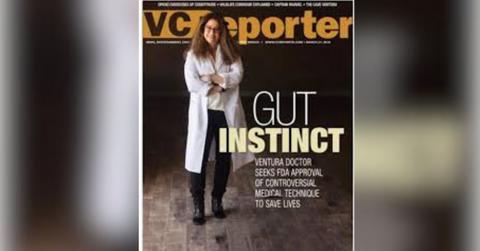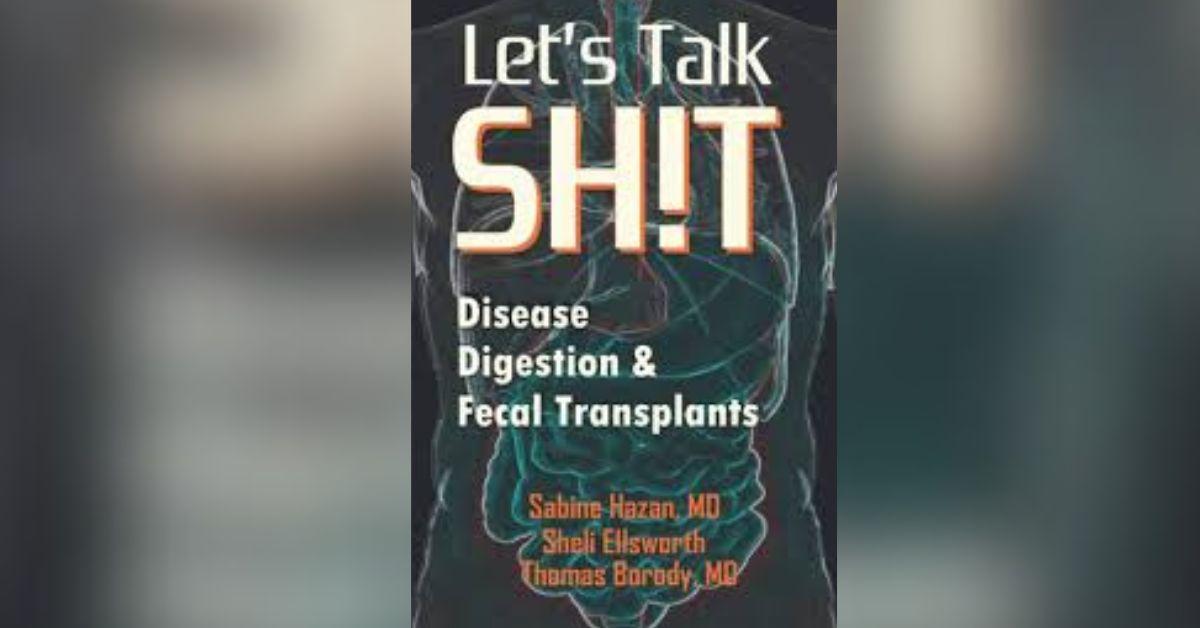 NEWS
NEWSMicrobiome Therapy Offers New Hope for Children With Autism, Renowned Gastroenterologist Says

July 9 2025, Published 1:20 a.m. ET
A pioneering gastroenterologist says the key to treating complex conditions like autism may lie in a place modern medicine often overlooks: the gut.
Dr. Sabine Hazan, founder of the clinical research firm ProgenaBiome and author of “Let’s Talk Sh!t,” is investigating how manipulating the gut microbiome can dramatically affect health outcomes. Her research focuses on the connection between gut bacteria and neurological conditions, including autism.
“The microbes in the gut affect the brain, and there is a link between lack of certain bacteria in the gut, such as Bifidobacteria, and autism,” Hazan said.
Hazan is also the Founder & CEO of the Malibu Specialty Center and Ventura Clinical Trials, where she conducts and oversees clinical trials for cutting-edge research on various medical issues.

Her work centers on fecal microbiota transplantation (FMT), a procedure in which fecal matter from a healthy donor, often a sibling or family member, is introduced into a patient’s gut.
"At our clinic, we treat autistic children by modulating the gut microbes, and their symptoms radically improve,” Hazan says. “For example, autistic kids that were not verbal become verbal after the manipulation of their microbiome and start speaking normally, positively surprising their families."
In one case, a 19-year-old patient with autism underwent FMT using material from his sister. Before the treatment, he was nonverbal and engaged in self-harming behaviors, including head-banging that led to broken teeth. Following the transplant, the patient became calmer, began sleeping more soundly, and started speaking. Microbiome analysis showed his gut bacteria shifted significantly — from an overgrowth of the proteobacteria phylum to a profile more closely resembling his sister’s.
After the treatment, the family was able to take a trip together — something that had seemed out of reach before. Prior to treatment, one parent always had to stay with the patient, even staying up through the night.
Want OK! each day? Sign up here!
Based on the success in that case, Hazan’s team sought to study more sibling pairs to find a pattern. For a soon-to-be-published study, Hazan's team looked at 20 autistic children and 23 of their neurotypical siblings, along with six neurotypical children with no family history of autism.
They found that the autistic children had extremely low levels of Bifidobacterium, which is typically abundant in newborns. Their siblings had higher levels of Bifidobacterium, but still lagged behind the neurotypical children with no family history of autism, suggesting gut dysbiosis at the household level.
Hazan has published extensively in peer-reviewed medical journals and has led more than 35 clinical trials. She argues that gut imbalance is a critical but neglected factor in many of America’s rising health problems, from Alzheimer’s and anxiety to obesity and autoimmune disease.
Her research adds to a growing body of evidence that the gut-brain axis may hold the key to treating not only autism but a wide range of chronic conditions.
TMX contributed to this article.


